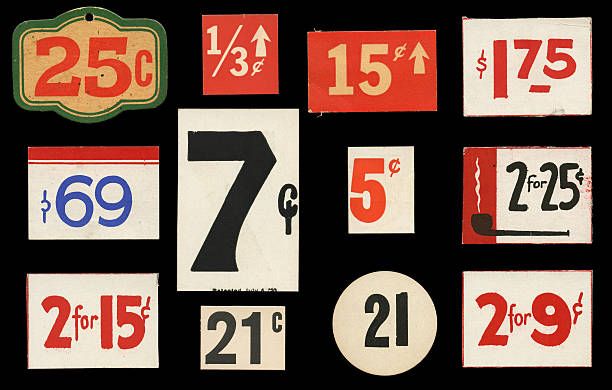Who Switched the Price Tags?

Last weeks posts, Reflecting on Ruins, pulled from the introduction of a book, CEO of The Well Jon Dengler, drafted years ago. This article is a continuation of that introduction and continues to explore the realities of humanity and the essence of our call to Be Pedestrian, to experience the everyday-ness of life, the good, the bad, and the ugly.
I once read a wonderful little book by Tony Campolo entitled Who Switched the Price Tags. As is the case with most of the books that I read and love, I no longer have it because I am sure I shared it with someone who just stuck it on a shelf somewhere. Every time I run to my bookshelf to find a book that I remember loving, it isn’t there because I also love to share beloved books. Even that little story reveals how we function or act based on what we value. I valued the stories and ideas presented in the book and wanted to share those things with a valued friend. That friend either didn’t value the recommendation or perhaps they valued the book so much that it overrode whatever values we possess that motivate us to return borrowed items. In any case, the book itself was a reflection on what was really valuable and what things we, and our culture tend to value.
Campolo began by telling a story from his childhood about a store that he was frequently at growing up. If I am remembering it right it was an uncles or friends store in which he spent a lot of time. One day he decided to play a prank and switch out all of the price tags in the store. He took the tags off of the largest and most expensive items and put them onto small trinkets and the like. He then proceeded to label those costly items with very small price tags. Clearly that made for an interesting day for the store manager as he got to try and explain to customers why he couldn’t sell items for the prices they were labeled at.
This story leads well into the discussion of what is most valued in our society. We live in a world that is a lot like the store that day, the tags seem to be rearranged. We spend all of our time and energy pursuing things that are ultimately of little value at the expense of those really important things in life like faith, family, and loving our neighbors.
Since the price tags all seem to be rearranged we will begin in those places in which we least expect to find treasure. We will begin in the ruins of our suffering, in the sewers of our doubts, and in the garbage dumps of our lives. This book has an extreme thesis which is, waste is valuable. If this seems absurd here in the beginning it is only because we suck at calculating what is valuable. Our tools for calculating waste and value are broken and this reality has us living our lives as though our price tags have been rearranged. How crazy would it have been for the store owner to have just left the tags as they were and continued operating business as usual? We don’t even have to wonder whether or not he immediately began working hard to make the appropriate corrections on his inventory. Of course he did! Any other response would be foolish and if we find significant value among those things that we discard from our lives, like garbage, we must respond in the same way.
It is said, “The kingdom of heaven is like a treasure hidden in a field. When a man found it, he hid it again, and then in his joy went and sold all he had and bought that field.” I have found treasure hidden in the refuse piles and I believe you will too.
